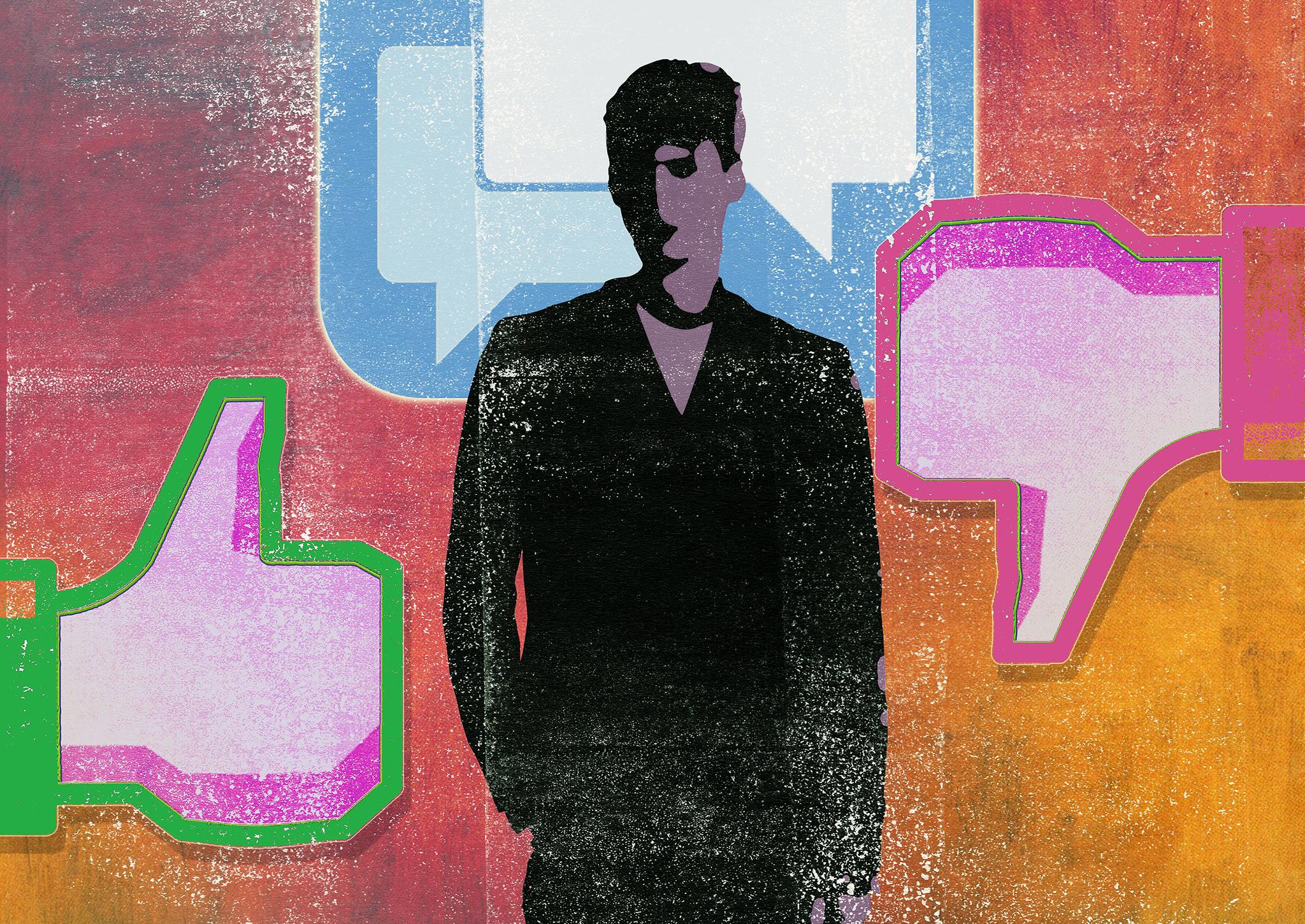The concept behind Peeple isn't even new – we've been judging each other online for years now
The people-rating app is messed up, but it also seems like the logical endpoint of how many of us already use the internet

Your support helps us to tell the story
From reproductive rights to climate change to Big Tech, The Independent is on the ground when the story is developing. Whether it's investigating the financials of Elon Musk's pro-Trump PAC or producing our latest documentary, 'The A Word', which shines a light on the American women fighting for reproductive rights, we know how important it is to parse out the facts from the messaging.
At such a critical moment in US history, we need reporters on the ground. Your donation allows us to keep sending journalists to speak to both sides of the story.
The Independent is trusted by Americans across the entire political spectrum. And unlike many other quality news outlets, we choose not to lock Americans out of our reporting and analysis with paywalls. We believe quality journalism should be available to everyone, paid for by those who can afford it.
Your support makes all the difference.What’s your rating?
According to Uber, I’m a 4.8. On Air Bnb, I’m a tidy guest. Klout, the social media analytics site, gives me a 58.36; out of what, I’m not sure. I have a credit rating, but I’d rather not tell you what it is.
Thanks to technology and social media, we’re constantly rated both by the people around us and by companies hoping to sell us stuff. We hand over enough data willingly every day for strangers to make snap judgements about our lives, for companies to make decisions about employing us, and for marketers to send us specially tailored adverts. And it’s only getting worse: Facebook recently patented a new technology which would enable banks to look at your friends’ credit histories as well as yours before approving loans.
That’s why it’s a little strange that we’re all so furious about Peeple, a new app to be launched in November which lets your friends, colleagues and partners rate you out of five. Yes, it’s messed up: you will have a profile whether you want one or not, and creators Julia Cordray and Nicole McCullough have so far said they wouldn’t let anyone opt out. Reviews of two stars or less will sit in a private inbox for 48 hours, but unless you can convince your hater to change them during that time, that negativity will sit on your private page until it gets deleted, like all the site’s reviews, after a year.
Most of our fear and hatred of the app (sample headlines: “The cult of ratings is destroying us, one star at a time”; “There will soon be a Yelp for people – and it sounds truly awful”) stems from a primal fear of being judged, publicly, in a way we can’t control. But if this really terrifies us so much, maybe we should think a little harder before we upload scores of photos to Facebook each week, or let our arguments play out in public via Twitter.
It seems likely that Cordray and McCullough are for real, and a little nonplussed at the backlash to their app. But if this app were a prank, it would be a clever one: it sends us up for our apparent terror of publicity and judgement just as we happily spread our information, photos and personalities across the web elsewhere, and slate others in the process. Whether it's a casual subtweet or a furious pile-on, people are constantly judging each other online.
Jon Ronson, author of So You’ve Been Publicly Shamed, a book about shaming in the internet age, tweeted that while he understood the outrage over the app, it seemed a bit hypocritical coming from some:
The app is not due out for another month, and the creators have responded to criticism by promising to “seriously consider” feedback from the app’s beta testers. For now, though, let’s treat it as a kind of Black Mirror-esque lesson: the things we put on the internet stay there, and people may base their opinions of you on them for decades to come.
Join our commenting forum
Join thought-provoking conversations, follow other Independent readers and see their replies
Comments